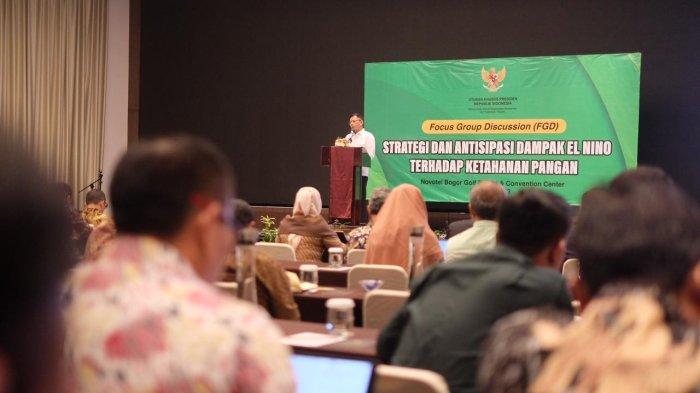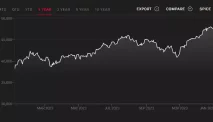Looking back on past experiences, the smog that blanketed cities and even reached neighboring countries has led to many evictions into homes that provide healthier air.
Stop wasting food
In the context of efforts to realize food security, UKP Mardiono also focuses on consumer culture patterns in society that are beginning to show symptoms of food waste, particularly the food waste and food loss phenomenon in Indonesia.
“I would like to share that 2021 data from UNEP shows that Indonesia is the fourth largest producer of food waste in the world after China, India and Nigeria, with the total amount of food waste reaching 21 million tons annually,” he said.
In fact, food waste in Indonesia ranges from 23 to 48 million tons per year, according to Bappenas, which translates to 115 to 184 kilograms per person per year. The amount of food waste has economic, social and environmental implications.
Because of this food waste, Bappenas estimates that the country will suffer at least IDR 213-551 trillion in economic losses per year, equivalent to 4-5 percent of Indonesia’s GDP.
“Food waste also contributes about 8 to 10 percent of greenhouse gas emissions. Therefore, I think that in the future there is an urgent need to change people’s culture through the program campaign “Eat in moderation” or “One serving is enough” “You can adjust people’s behavior by eating less food and at Add as needed according to the portion of food,” he said.
This is solely to prevent the creation of food waste, which then becomes food waste. The program’s “Spend Wisely” campaign to reduce moldy and expired food supplies must also continue.
In addition, a good food storage area is required to prevent food from becoming stale. For example, in addition to the need for a “food-sharing” program to prevent food from being expired, there is a need to work with modern markets or supermarkets to distribute food that is close to its sell-by date. This is done no differently than food waste can be suppressed to ensure quality food security in Indonesia.






